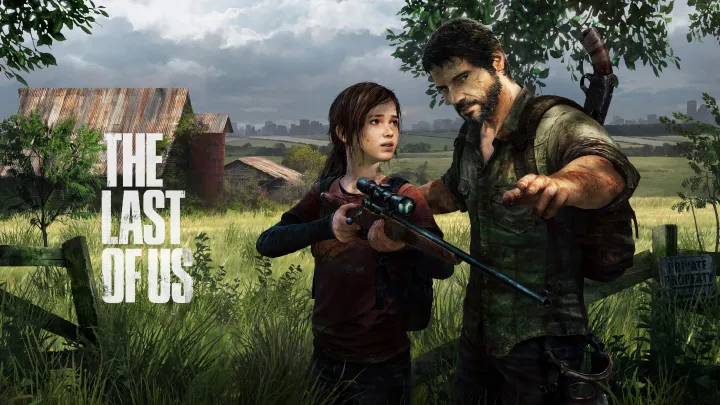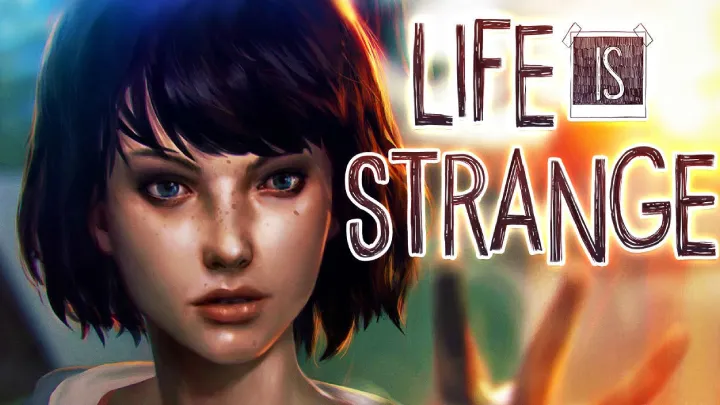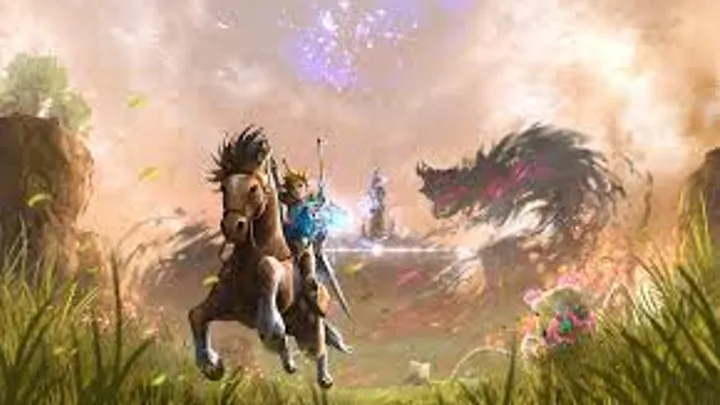Introduction
Video games are more than just entertainment; they are experiences that can leave a lasting emotional impact on players. Some games push beyond mechanics and graphics, crafting narratives so powerful that their conclusions remain etched in our memories for years. Whether it’s saying goodbye to a beloved character, making an impossible choice, or witnessing the bittersweet resolution of a long journey, these games prove that endings can hit just as hard as any great novel or film.
In this article, we’ll explore the Top 10 Games with the Most Emotional Endings. Each entry will include a brief introduction to the story, a look at the gameplay, and an analysis of what makes its ending so unforgettable.
1. The Last of Us (2013)
Story and Context
Naughty Dog’s The Last of Us is often hailed as one of the greatest narrative-driven games of all time. Set in a post-apocalyptic America ravaged by a fungal infection, it follows Joel, a hardened survivor, and Ellie, a teenage girl who may hold the key to humanity’s survival.
Gameplay
The game combines stealth, crafting, and survival mechanics with intense combat. Its slower pacing allows players to immerse themselves in the bond between Joel and Ellie, making the emotional weight of the narrative even heavier.
Emotional Impact
The ending is both shocking and thought-provoking. Joel’s controversial decision to save Ellie at the cost of humanity’s future leaves players conflicted. It’s not a happy ending, but it is profoundly human, sparking debates for years to come.

2. Red Dead Redemption 2 (2018)
Story and Context
Rockstar Games’ Red Dead Redemption 2 takes players into the waning days of the American frontier. Arthur Morgan, an outlaw and member of the Van der Linde gang, struggles between loyalty to his gang and his own moral compass.
Gameplay
The game features a massive open world, complete with hunting, exploration, side quests, and cinematic storytelling. The honor system shapes Arthur’s journey, making each choice feel consequential.
Emotional Impact
Arthur’s decline from tuberculosis is heartbreaking, but what makes the ending truly emotional is his redemption. Depending on the player’s choices, Arthur dies either peacefully or violently, but his sacrifice always leaves a lasting impression.

3. Life is Strange (2015)
Story and Context
Dontnod Entertainment’s Life is Strange is a choice-driven episodic adventure centered on Max Caulfield, a photography student who discovers she can rewind time. Alongside her best friend Chloe, she unravels dark secrets in her hometown.
Gameplay
The gameplay focuses on decision-making, exploration, and puzzle-solving using Max’s time manipulation powers. Every choice feels weighty, building towards a finale that forces players to make one of the most difficult decisions in gaming.
Emotional Impact
The ending presents a brutal choice: sacrifice Chloe or sacrifice the entire town of Arcadia Bay. Both options carry immense emotional weight, leaving players devastated no matter what they decide.

4. Shadow of the Colossus (2005)
Story and Context
Team Ico’s Shadow of the Colossus is a minimalist masterpiece. Players control Wander, a young man who must defeat sixteen towering colossi to revive a girl named Mono.
Gameplay
The game strips away traditional combat, focusing solely on massive boss battles against colossal creatures. Each fight feels like both a puzzle and a test of determination.
Emotional Impact
As the story unfolds, players realize that Wander’s quest is corrupted by dark forces. By the time the final colossus falls, Wander transforms into something monstrous, leading to a hauntingly tragic ending. The emotional punch is amplified by the realization that the player’s own actions fueled the downfall.
5. Crisis Core: Final Fantasy VII (2007)
Story and Context
Serving as a prequel to Final Fantasy VII, Crisis Core tells the story of Zack Fair, a young SOLDIER operative whose legacy shapes the events of the original game.
Gameplay
The game features real-time combat, materia-based abilities, and a character progression system tied to its “Digital Mind Wave” mechanic. Players grow deeply attached to Zack throughout his journey.
Emotional Impact
The finale sees Zack outnumbered and fighting a hopeless battle. His last stand is heroic yet tragic, cementing his legacy as one of the most beloved characters in the Final Fantasy universe. The transition into Cloud’s story makes the ending even more powerful.
6. To the Moon (2011)
Story and Context
To the Moon by Freebird Games is a narrative-driven indie title with retro RPG-style visuals. It follows two doctors who traverse a dying man’s memories to grant his final wish of going to the moon.
Gameplay
The gameplay is minimal, focusing almost entirely on exploration and story progression. This simplicity ensures that players are absorbed in the emotional narrative without distractions.
Emotional Impact
The game’s ending reveals the layers of regret, love, and unfulfilled dreams that shaped the man’s life. The moment his wish is finally realized is deeply bittersweet, leaving many players in tears.
7. Metal Gear Solid 3: Snake Eater (2004)
Story and Context
Hideo Kojima’s Metal Gear Solid 3 is both a Cold War espionage thriller and an exploration of loyalty, betrayal, and legacy. Players take on the role of Naked Snake (later Big Boss) as he undertakes a mission to eliminate his mentor, The Boss.
Gameplay
The game blends stealth, survival mechanics, and cinematic storytelling. Players must adapt to their environment, using camouflage, close-quarters combat, and patience to succeed.
Emotional Impact
The emotional core of the game is Snake’s relationship with The Boss. The climactic battle in a field of white flowers is one of gaming’s most iconic moments, and Snake’s reluctant victory reshapes his entire identity.
8. Journey (2012)
Story and Context
Journey is a visually stunning indie title developed by Thatgamecompany. Players guide a robed traveler across a vast desert toward a distant mountain.
Gameplay
The game is minimalist, with no dialogue or combat. Instead, it focuses on exploration, light platforming, and cooperative play with anonymous online partners.
Emotional Impact
The finale, where players ascend the mountain before collapsing in exhaustion, is profoundly moving. The subsequent rebirth and flight to the summit symbolize transcendence and connection, leaving players uplifted yet deeply reflective.
9. Telltale’s The Walking Dead: Season One (2012)
Story and Context
Telltale’s The Walking Dead is a story-driven adventure that follows Lee Everett, a man protecting young Clementine in a zombie apocalypse.
Gameplay
Players make narrative choices, solve puzzles, and engage in quick-time events. The strength of the game lies in its character development and player-driven storytelling.
Emotional Impact
The ending sees Lee bitten and on the verge of death. Players must guide Clementine through their final moments together, teaching her how to survive. The heartbreaking farewell remains one of the most gut-wrenching in gaming history.
10. NieR: Automata (2017)
Story and Context
PlatinumGames’ NieR: Automata is a philosophical action RPG that explores themes of existence, identity, and sacrifice. Players control androids 2B, 9S, and A2 in a post-apocalyptic war between machines and remnants of humanity.
Gameplay
The game blends hack-and-slash combat with RPG mechanics, multiple perspectives, and unique gameplay twists, including bullet-hell sequences.
Emotional Impact
The game’s multiple endings build toward the powerful “Ending E,” where players are asked to sacrifice their save data to help other players. This meta-narrative twist transforms the ending into a communal act of empathy, making it one of the most profound conclusions in gaming.
Conclusion
These ten games show that video games are not just about winning or losing—they’re about feeling. From Joel’s impossible choice in The Last of Us to Zack’s sacrifice in Crisis Core, each ending resonates because it connects us to the humanity at the heart of the story. Emotional endings remind us that games, like books and films, can leave lasting impressions that stay with us long after we’ve put down the controller.

















